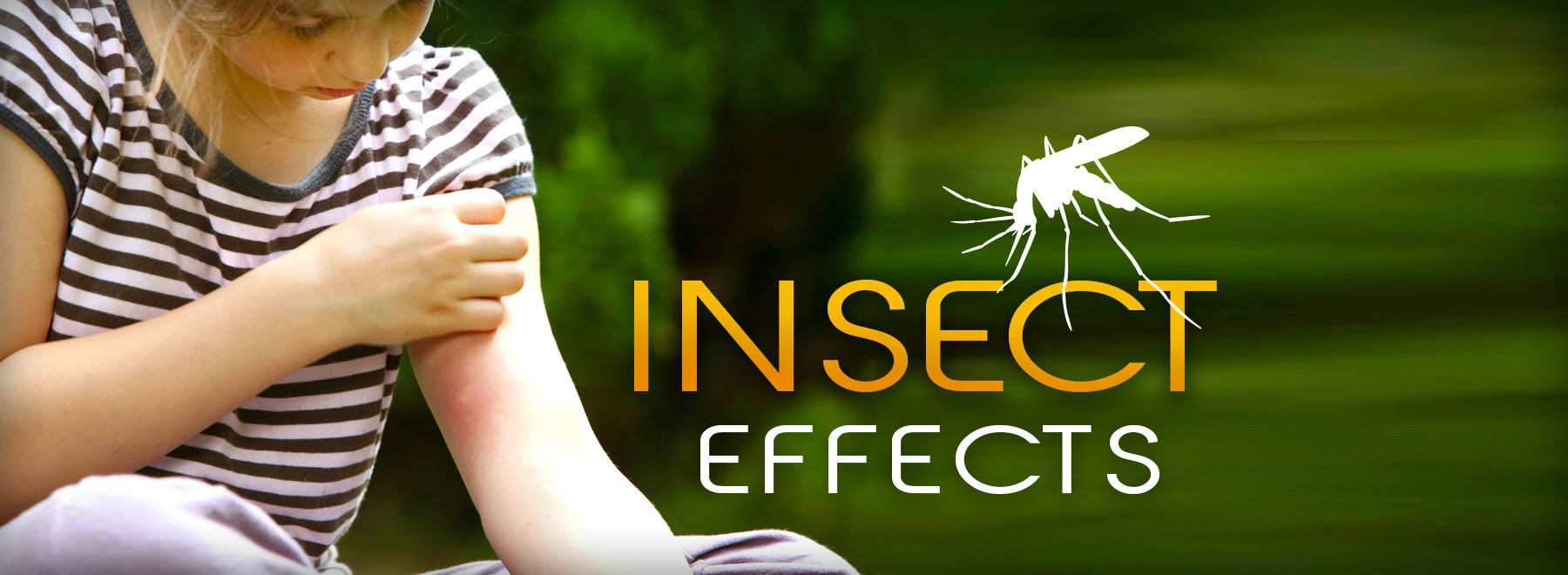How to minimize infections from summertime’s notorious pests
When you’re trying to enjoy a backyard break but mosquitoes or other insects are ruining it by biting you, the experience can be irritating and sometimes downright painful.
They are rarely a cause for concern, unless you’re prone to allergic reactions, but they need attention to ensure you don’t develop an infection that needs medical attention.
There’s also a chance that you can contract West Nile virus, which is common in Mississippi and the leading cause of mosquito-borne disease in the continental United States.

“Summer is basically here, and we see West Nile and other mosquito-transmitted diseases during this time,” said Dr. Tobe Momah, an assistant professor of family medicine at the University of Mississippi Medical Center. “We are most concerned about West Nile.”
Mississippians who spend time outdoors in the summer typically run into mosquitos; wasps and bees; chiggers; ants; fleas; and ticks. Momah suggests precautions such as wearing long sleeves and long pants – and using insect repellants.
If you still get bitten, though, he recommends immediately washing the site with soap and warm water and taking a dose of acetaminophen or ibuprofen.
The bites often itch because of a substance injected by the insect into your body, Momah said.
“You can take Benadryl or another allergy medicine, but you need to take care because it has sedating effects,” he said. “A non-sedating drug such as Claritin, or combining Claritin with Tylenol, might be better if you are working a job.”
He said topical anti-itching medicines that can be purchased over the counter, such as calamine lotion, are also effective in stopping an itch.
“Hydrocortisone will also help stop itching, but it can have side effects,” Momah said.
An insect bite can become infected if scratched. If a bite becomes red, swollen or tender, “you should be concerned,” Momah said. “The pain will be worse than the itch, and there might be a discharge.”
It’s best to have a potentially infected area examined by your primary health provider, Momah said.
“With telehealth, you can take a picture of it or show it to your provider, but if it’s very red or there is pus, you may need to come in to a clinic and get an antibiotic that covers MRSA (methicillin-resistant Staphylococcus aureus, a dangerous bacterial infection).”
In rare cases, insect bites can produce allergic reactions, and some can be life-threatening. Allergic reactions most commonly result from bee or wasp bites. Symptoms such as swollen lips, shortness of breath and itching all over the body could be caused by an allergic reaction, Momah said.
“If you become short of breath, are sweating or think that you are going to pass out, that requires immediate medical attention,” he said.
The large numbers of mosquitoes in Mississippi make it imperative to be aware of the symptoms of West Nile virus. According to Mississippi State Department of Health statistics, in 2019, there were 15 West Nile cases among humans in the state, recorded in 11 counties.
Look out for headache; an altered mental state; high fever; diarrhea and vomiting; a rash; and joint aches, Momah said. A blood test can identify West Nile, “but don’t be surprised if you go to a doctor and they would like to do a lumbar puncture,” he said. “An active infection is better diagnosed that way.”
UMMC’s Department of Family Medicine provides primary care for all ages. To make an appointment with Family Medicine at 764 Lakeland Drive in Jackson or 2466 Flowood Drive in Flowood, call (601) 984-6800.
The above article appears in CONSULT, UMMC’s monthly e-newsletter sharing news about cutting-edge clinical and health science education advances and innovative biomedical research at the Medical Center and giving you tips and suggestions on how you and the people you love can live a healthier life. Click here and enter your email address to receive CONSULT free of charge. You may cancel at any time.



